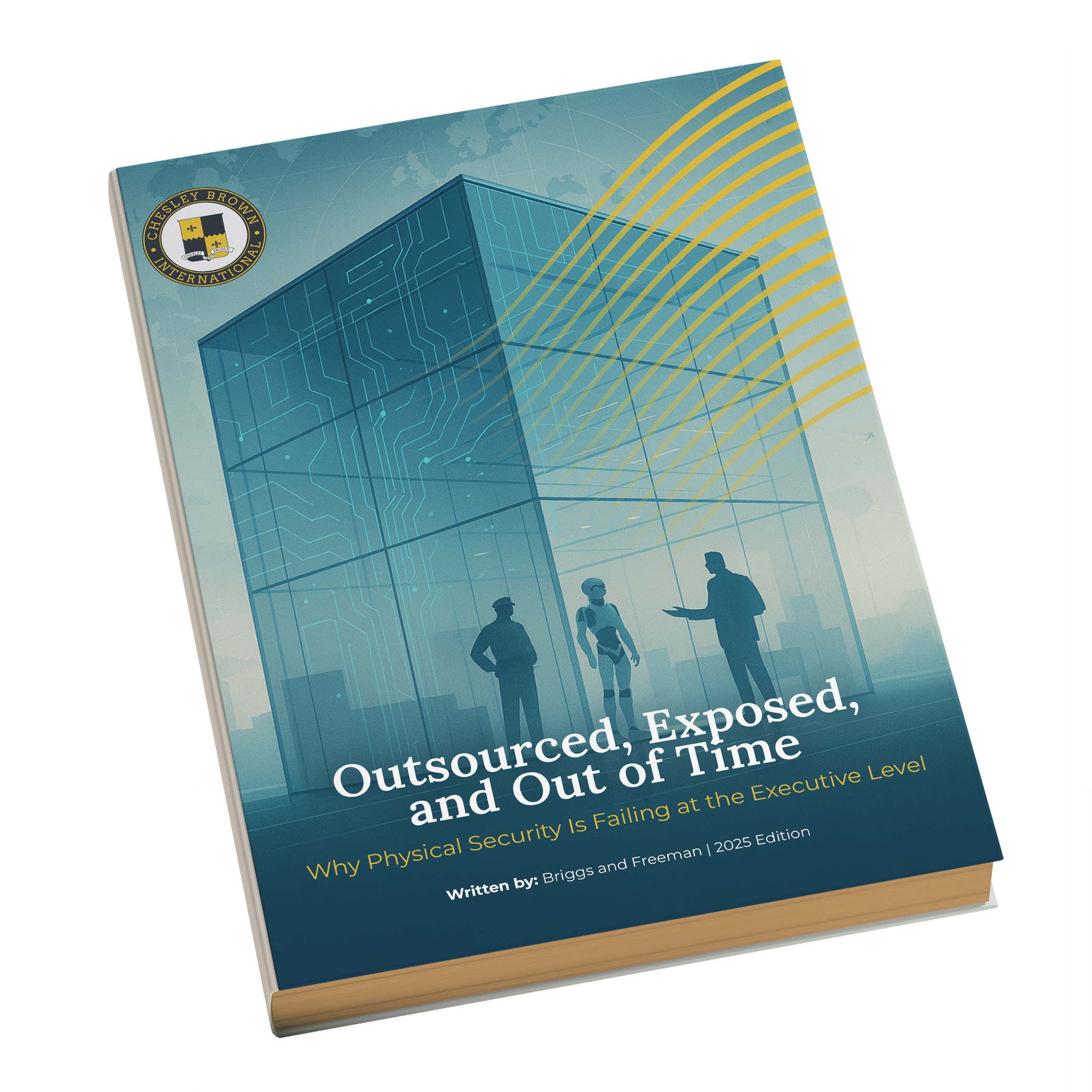5 Tips for Conducting Better Risk Assessments for a Pandemic

In earlier sections, we discussed the need for a risk-based approach and outlined 6 New Business Risks to consider when preparing your business for coronavirus. The Covid-19 pandemic and recession will affect every business, but to what extent will vary based on industry, geography, company size and a myriad of other factors. By creating a pandemic response plan, businesses can reduce the negative impacts of this virus and future outbreaks and manage your risk exposure during this pandemic.
Coronavirus Business Preparation Examples
The initiatives your business puts together in response to the coronavirus outbreak will be, likely, wide ranging, depending on your unique business needs. For example, these steps might include activities like shifting budgeting from fixed spending to variable spending to provide flexibility in times of uncertainty. Additional pandemic response measures should include investments to enable working from home, guidelines for provisioning of personal protective equipment, and changes to workforce regulations. Shifting advertising spending towards digital channels and ecommerce sales can help lessen the financial impact of stay at home orders, or a loss of in-person traffic; but be sure to test these systems and workflows for high volume traffic.
Organizations may also supplement their product offering and business model by introducing new products and services better aligned with shifting economic forecasts.
Next Steps
Below are some the most important steps a business can take when planning their pandemic risk management strategy.
5 Pandemic Response Strategies You Can’t Afford to Ignore
Tip 1: Conduct Regular Threat Assessments
A readiness evaluation is a terrific place to start when businesses don’t understand what their business continuity program should comprise. Industry and role readiness templates and pandemic-specific templates let an employer test their business continuity program versus best practice to help identify any gaps that may exist. These readiness templates compress requirements and high-quality practices into actionable pieces so that companies can measure progress and compliance.
Tip 2: Update Risk Assessment Plan
All groups should conduct a risk assessment on their core business procedures to uncover and prioritize any new risks or gaps in their current controls. You should update these assessments to include new risks like pandemics, recession and geopolitical conditions. When conducting risk assessments for coronavirus stakeholders should be presented with the known risks and work together to determine how each of these eventualities will affect their areas of responsibility.
Tip 3: Conduct a Business Impact Analysis (BIA)
An organization should not handle all threats the same. A business impact analysis enables companies to anticipate which parts of the enterprise are essential to its operations. Use the outcomes of the BIA to determine which elements of the business to prioritize in a Continuity Plan.
Tip 4: Policy Management
As the pandemic evolves and new data becomes available, be sure to revisit, update and communicate new guidelines and processes throughout the organization. For example, revising a work from home policy might only be useful if the infrastructure and processes for dissemination, governance and adoption already exist.
Tip 5: Integrate Incident Management
Incident management is, often by design, an incredibly siloed activity embedded inside another process. In times of economic turmoil, a unified company-wide approach is necessary as an input to assess the effectiveness of mitigation and coverage activities and to help manage expectations.
In Summary
If you took a survey of business owners, even 6 months ago, it would be clear that pandemic response planning was not a priority. Prior to 2020 no one had ever done risk assessments for coronavirus. Businesses must be vigilant to not only current threats but future and emerging trends. Many business owners struggle to fully grasp the myriad risks they face. That’s why we’ve built a framework that teaches businesses how to anticipate and navigate risk before it becomes a crisis.
Sign up!
For industry-leading guides and analysis sign up for our blog below.
Latest News
Podcast | Risk Takers Series #05 Corporate Counterespionage
Its not always the stuff of cold war spy novels but corporate or economic espionage continues to affect businesses all over the world both large and small at an exponential rate. It seems like there’s…
Podcast | Risk Takers Series #04 Brad Orsini – Community-based Security
Visiting our places of worship shouldn’t be dangerous. Unfortunately, faith-based organizations are facing the difficult challenge of how to protect their congregations from religion-motivated violence, and still maintain the welcoming, open environment community members expect.…
risk-takers #04 Brad Orsini – Community-based Security
Visiting our places of worship shouldn’t be dangerous. Unfortunately, faith-based organizations are facing the difficult challenge of how to protect their congregations from religion-motivated violence, and still maintain the welcoming, open environment community members expect.
In this week’s episode Brent calls up Bradley Orsini, the Senior National Security Advisor of the Secure Community Network, the official safety and security organization of the Jewish community in North America to discuss these issues, lessons learned from the mass shooting at the Tree of Life Synagogue, and the most effective strategies faith-based organizations can use to protect their congregations.
risk-takers #3 Surveillance Detection Routes (SDR)
Have you ever had a gut feeling you were being followed? You might not be so crazy after all. It’s a frightening thought. You’ve spent years building your business, but all it takes is one bad day to compromise that dream. In this week’s episode Brent sits down with FBI Special Agent (Ret.) Dell Spry to discuss surveillance detection routes, what they are, and how they can be used as a spy detector device to find out if you are under surveillance.
Podcast | Risk Takers Series #3 Surveillance Detection Routes (SDR)
Have you ever had a gut feeling you were being followed? You might not be so crazy after all. It’s a frightening thought. You’ve spent years building your business, but all it takes is one…




